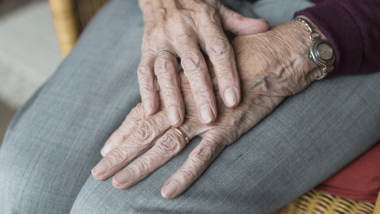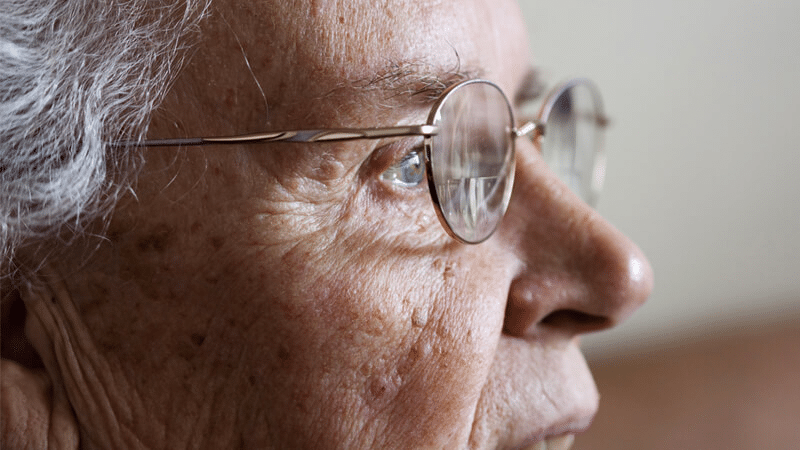Britain has been urged not to follow Canada in “skiing” down euthanasia’s slippery slope to a point where the elderly and disabled are pressured to die.
Since legalising so-called Medical Assistance in Dying for certain circumstances in 2016, Canada has already abolished the requirement for a person to be terminally ill and will extend it to those with mental health problems in 2027.
With legislation to permit assisted suicide being considered in Scotland, the Isle of Man and Jersey, as well as there being concerted efforts to legalise the practice in England and Wales, numerous physicians and academics have flooded The Telegraph’s letters page in recent days to warn against such plans.
‘Burden’
Dr Pia Matthews of St Mary’s University, who has a daughter with multiple disabilities, reported that she has been told “how much of a burden our daughter must be” and “we would all be better off if she was no longer with us”.
She warned: “Enshrining such inaccurate and discriminatory attitudes in law would entrench the view that some lives, however short, are less worth living, and that some people would be better off dead.”
Professor John Keown of Georgetown University in Washington DC highlighted a UN special rapporteur’s “extreme concern” that some disabled Canadians are being pressured to request euthanasia, adding: “The Dutch slid down euthanasia’s slippery slope. Canada is virtually skiing.”
Former podiatrist Madeline Pavey, who worked in the NHS, said she was “appalled to discover that people in their 60s would say things like: ‘I just don’t want to be a burden.’ It would be so easy to encourage this kind of thinking.”
‘Good deaths’
Countering the argument that assisted suicide is necessary for “good deaths”, Dr Stephen Larsson in Nova Scotia, Canada, said it is good practice to give patients adequate opiates to relieve their symptons, even if it could hasten death, rather than “witholding treatment so that the patient lives in distress for a few more hours or days”.
He stated: “In my 30-year career as an oncologist I saw many, many patients who had good deaths. In fact, some people who realised they were going to die in the foreseeable future entered the best periods of their lives, and told me so.”
Writing to The Times, Baroness Hollins expressed a similar sentiment, saying: “We need to talk about death and dying, to ensure that all patients have access to high-quality care and thus prevent people feeling forced into assisted dying.”
She highlighted research showing that after receiving a small amount of palliative care, 46 per cent of patients in Oregon no longer wanted to undergo assisted suicide.
Palliative care
Last month, the House of Commons Health and Social Care Select Committee outlined the many dangers of legalising assisted suicide but failed to oppose a change in the law.
The Committee analysed evidence from jurisdictions that legalised the practice, as well as examining palliative care in the UK.
Dr Gordon Macdonald, Chief Executive of Care Not Killing, welcomed the committee’s recognition of “huge problems in patients accessing good quality palliative care”.
But he was “disappointed” it failed to pick up that “countries which have changed the law have celebrated savings they have made, or failed to increase spending in palliative care at a similar rate to neighbouring jurisdictions, or that changing the law is increasingly linked to an increase in suicides rates in the general population, based on extensive data from the US and Europe”.

Oireachtas committee ignores ‘overwhelming’ evidence by backing assisted suicide
Scots medics oppose McArthur’s death bill
Bake Off’s Prue fears she is helping to unleash assisted suicide ‘nightmare’

